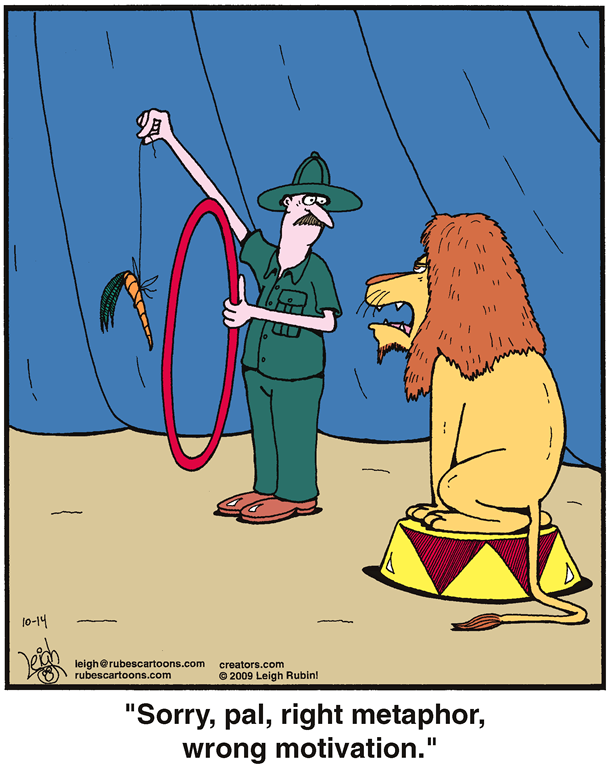Paul Whybrow
Full Member
I'm three weeks into editing my third novel, and any of you who've done this will know how I'm feeling. If writing a story is like wandering a world I've created, with beautiful scenery and fascinating characters, then editing resembles staggering through an endless swamp in thick fog, wearing lead boots; the only sign of life is the croaking of frogs—and they're not saying nice things!
Apart from chasing down repetitions, clumsy sentences and punctuation errors, I use lists like Diana Urban's 43 Words You Should Cut From Your Writing Immediately, as well as a list I've made of words and expressions I tend to use too much.
I firmly believe that this odious task improves the readability of my manuscript, yet, despite this, I wonder who I'm doing the editing for....Tidying my writing may impress a literary agent or publisher's editor, though they'll still find things to correct. As for any reader who may be drawn to my stories, I'm not sure that they'd notice the improvements.
The reason that I say this, is because the most frightfully written rubbish becomes a best-selling book. Also, while editing, I've read crime novels by three of my favourite authors, and they most definitely didn't do any of the nit-picking I'm bogged down with at the moment. I admire Harlan Coben and Jeffery Deaver for the readability of their stories, but neither uses language beyond the vocabulary of a ten-year-old. John Connolly is more literary in style, but my jaw dropped when I read a short paragraph of five sentences, which contained the word 'had' nine times!
'Had' is one of the words I hunt down, so it made me question who edits his manuscripts, and how he gets away with such gawkiness. The answer is, of course, that he's a successful author with a long track record. You only have to look at the monumental length of J K Rowling's Harry Potter novels, which started off at the conventional word count of 80,000, but escalated to 257,000 once she'd achieved mega-sales. You don't tell the goose that's laying golden eggs what to do!
Edting my manuscript is starting to feel like an intiation rite, a compulsory test that I have to do, to please gatekeepers whose judgement has little to do with what a reader likes. I'm a grumpy lion, who's never been good at jumping through hoops, but do any of you feel the same way?

Apart from chasing down repetitions, clumsy sentences and punctuation errors, I use lists like Diana Urban's 43 Words You Should Cut From Your Writing Immediately, as well as a list I've made of words and expressions I tend to use too much.
I firmly believe that this odious task improves the readability of my manuscript, yet, despite this, I wonder who I'm doing the editing for....Tidying my writing may impress a literary agent or publisher's editor, though they'll still find things to correct. As for any reader who may be drawn to my stories, I'm not sure that they'd notice the improvements.
The reason that I say this, is because the most frightfully written rubbish becomes a best-selling book. Also, while editing, I've read crime novels by three of my favourite authors, and they most definitely didn't do any of the nit-picking I'm bogged down with at the moment. I admire Harlan Coben and Jeffery Deaver for the readability of their stories, but neither uses language beyond the vocabulary of a ten-year-old. John Connolly is more literary in style, but my jaw dropped when I read a short paragraph of five sentences, which contained the word 'had' nine times!
'Had' is one of the words I hunt down, so it made me question who edits his manuscripts, and how he gets away with such gawkiness. The answer is, of course, that he's a successful author with a long track record. You only have to look at the monumental length of J K Rowling's Harry Potter novels, which started off at the conventional word count of 80,000, but escalated to 257,000 once she'd achieved mega-sales. You don't tell the goose that's laying golden eggs what to do!
Edting my manuscript is starting to feel like an intiation rite, a compulsory test that I have to do, to please gatekeepers whose judgement has little to do with what a reader likes. I'm a grumpy lion, who's never been good at jumping through hoops, but do any of you feel the same way?




